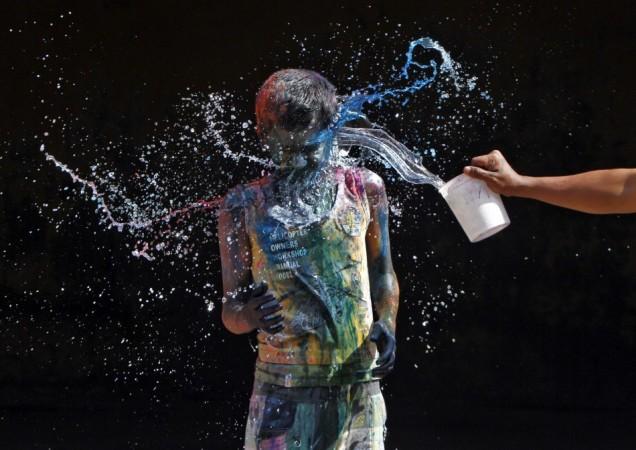
Indians across the world are gearing up to celebrate Holi on March 13 with colours, sweet dishes and delicious foods. The festival of colours marks the beginning of the Spring season.
Also read: Follow these Dos and Don'ts to stay safe during Holi
However, apart from the fun in playing with colours, removing it from body and hair is one of the difficult tasks. Even though organic colours are available, there are many possible ways to get exposed to synthetic or toxic ones that can cause itchy patches, rashes and dryness on the skin.
Take a look at some post-Holi tips here:
- Never use hot water to remove colours. Use normal tap water or lukewarm if needed.
- Rinse your hair with water and try to remove the colour. Use shampoo only once and do not rub the scalp too much. It can cause dryness and hair can break-off.
- You can also apply soaked fenugreek (methi) seeds in four table spoons of curd or egg yolk on your scalp before washing the hair with shampoo. Honey and olive oil also act as a good conditioner for your hair.
- One can use Micellar water, which is a combination of water and oil, to remove the colour. Micellar water is mostly used as a make-up remover, but it is not harmful as it hydrates the skin as well.
- Do not wash your face with soap, instead use a mild cleanser and moisturising cream. Gram flour (besan) and milk mixture or multani-mitti can also be used to remove colours from your face.
- Curd, gram flour (besan), orange-peel powder, turmeric, lemon drops and olive oil will also help to clean your skin.
- In order to avoid skin reactions, you should refrain from waxing, facials, threading, or any other beauty treatments for at least two days after Holi.

















